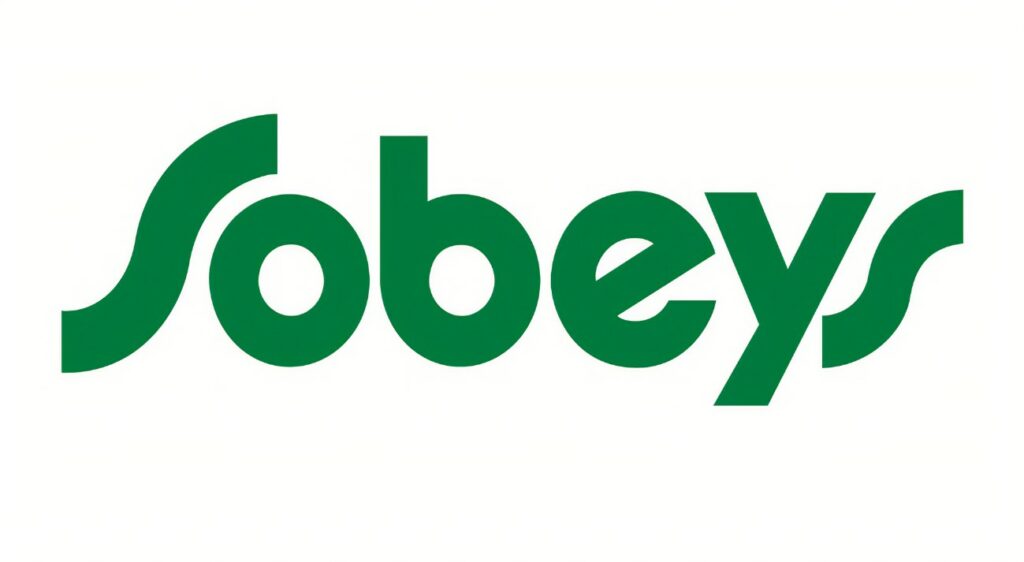Our Webinars
Our Chief Security Officer, Dave Millier, hosts regular,
informative webinar sessions that are free to attend.
Part of our QuickProtect commitment to education.
Our FAQs
All your cyber security questions in one place.
Most small businesses today use the Internet as a regular part of doing business. Getting online has never been easier. Just turn on your smartphone and start surfing, or open up your laptop and connect to a wifi hotspot. The Internet has become the new Wild West, with cybercriminals operating globally with impunity, stealing information and locking businesses out of their own networks, and holding them for ransom which is usually paid in bitcoins. Small businesses have just as much to lose as larger businesses. IYour information is valuable and is worth something to somebody, and then the onus is on you to protect it. Not taking precautions can lead to expensive clean-up costs, or, in extreme cases, can cause the death of your entire business. It’s up to you to make sure your business, your employees, and all of your data is protected at all times.
From the most basic perspective, using the Internet has become incredibly risky because the bad guys, criminals, hackers, malicious, and, in some cases, just curious users, have recognized the Internet as a source of almost limitless information. In today’s digital economy, information = money. All data, no matter how innocuous or almost irrelevant it may seem to you, has value to someone. And because even today with everything we know about the risks and about protecting ourselves, the vast majority of both large and small companies online aren’t taking adequate steps to protect themselves. Combine a wealth of information (remember, information=money) along with a bunch of unprotected systems hosting that information, and you create a breeding ground for criminals to make a very comfortable living online stealing information and holding systems hostage (the cost of cybercrime is estimated at $6 TRILLION in 2021 by Cybersecurity Ventures). If you aren’t taking reasonable effort to protect yourself and your business online, you’re simply helping to perpetuate the problem. It’s time to break the cycle!
Whether they are marketing their products or services, getting orders from customers by email or through web order forms, or simply doing research on their line of business, the Internet has been a game-changer for all businesses. If you aren’t using the Internet in some fashion, you can pretty much guarantee that your competition is. You can also guarantee that your customers and prospective customers are. If you’re not there in some way for them to find or interact with you, they’ll simply move on to someone else they can find online. Being part of the global digital workplace isn’t an option anymore. For 99.9% of all businesses, it’s a necessity to survive and thrive.
You may have heard of the Internet of Things (IOT). IOT refers to the billions of devices in comparison to people that are connected to the Internet. Rather than laptops and desktops being used by people, IOT devices are typically purpose-built devices that are performing a specific function. Think of the myriad of new smart home devices like the Google Nest and Amazon’s Alexa. Even your Smart TV is connected to the Internet so you can run Netflix or Disney+ right from the TV without any set top boxes. Every one of those devices (TVs, refrigerators and other smart appliances, smart home devices like light switches, garage door openers, front door cameras, the list goes on) has an Internet address and is able to talk to the Internet, just like you do when you’re on your laptop or home PC surfing. Each one of those devices represents a potential security risk if it hasn’t been properly secured. If the average household now has 10 or more connected devices, that’s 10 places where poor or non-existent security controls could provide a hacker into your home network. With so many people now working from home, someone on your or your employee’s home network is one step away from accessing the sensitive company information on your corporate network.
Simply put, cybersecurity protects everything companies (large and small) and individuals require to prevent hackers from gaining access to the information and possibly disrupting their business operations. Cybersecurity includes people (you, your users, and your suppliers), processes (things you need to do, things you and your users shouldn’t do), and technology (tools to protect your users and systems, tools to identify potential or actual security issues, and to alert, track, and record what’s happening and help you respond if a security incident does occur). Good cybersecurity hygiene helps ensure your company is proactively ready to deal with an incident, rather than reactively responding to an incident without any type of game plan or response capabilities already in place. It’s the door that you always lock, the alarm you always turn on at the end of the day, the camera system that’s always watching. Proactive activities help prevent an incident from happening in the first case and provide you with accurate and instant information if it does.
Our Blogs
Check back often for the latest in cyber security news.

Today’s rapidly evolving threat landscape makes underwriting cyber risk difficult. Cyber insurance applications are…

If you don’t believe ransomware can create chaos in your business, ask a Sobeys…

Whether it’s from a natural disaster, cyber attack, or just deleting something by accident,…
Want To Learn More?

0
%
of Canadian small businesses say they don’t allocate any of their annual budget to cyber security in 2021.
Trust QuickProtect
Reach out today and let us help save you money and
peace of mind.




